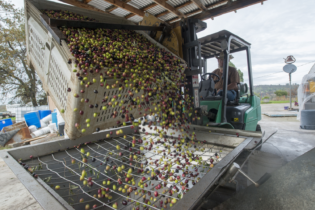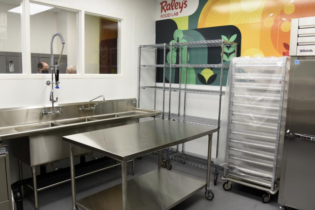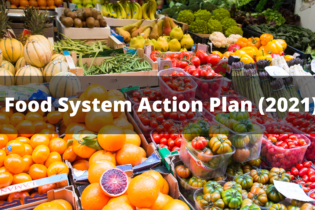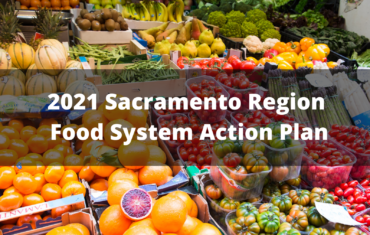Our Federal Policy “Asks” for a Resilient Food System
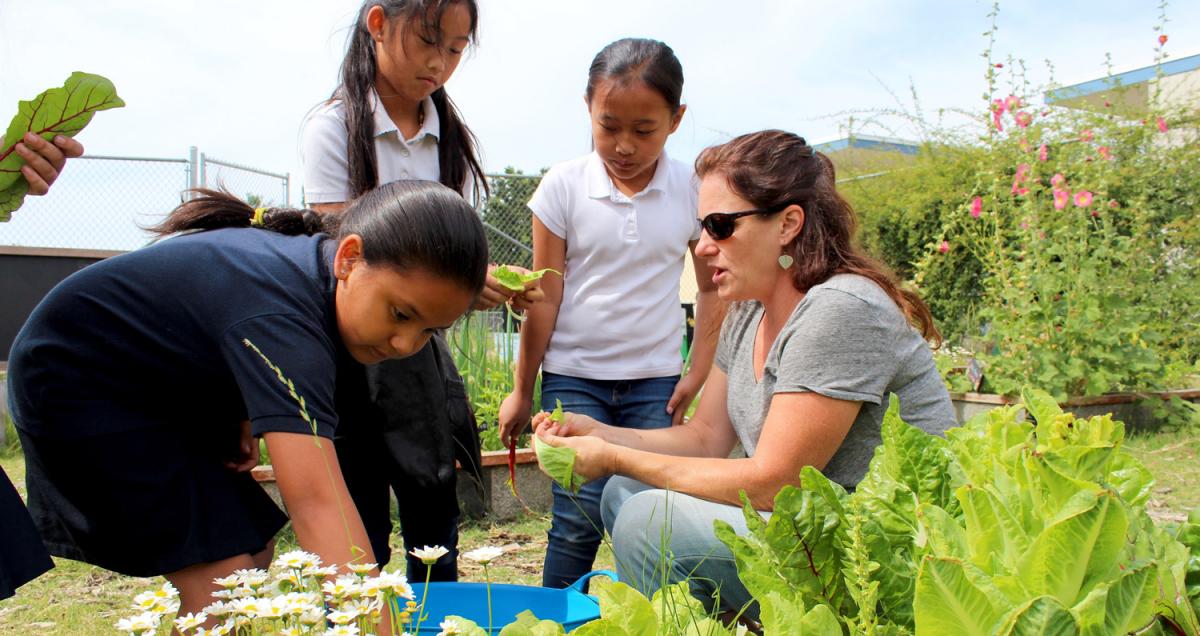
The small but mighty 2021 Food and Ag Cap-to-Cap Team is back prepping for the Metro Chamber’s annual regional advocacy program, which will be held virtually during the last week of October. As America’s Farm-to-Fork Capital, the Team strives to elevate the importance of the $12 billion+ food and agriculture economic cluster, highlighting innovations and initiatives across our food system, and leveraging federal policies, programs and investments.
After the Spring 2020 Cap-to-Cap visit was postponed last year due to the COVID-19 pandemic, the team continued to work with regional, state and federal partners on issues that have even more urgency than before – strengthening the resiliency of the regional food system, and ensuring a strong workforce. Our third big issue – broadband connectivity, access and adoption, which focused on supporting our rural economies and driving adoption of agri-food technologies – has broadened to a high overall regional priority, given all the impacts from the pandemic. We’re grateful to the Cap-to-Cap Economic Development Team for taking on this issue, linking to it as one of the region’s key infrastructure strategies.
To strengthen the region’s resilience, one Cap-to-Cap priority is to target institutional procurement policy changes that will expand local purchasing and supply chains and support local growers, food processors, distributors, and more. We are seeking increased flexibility in the USDA National School Lunch Program’s procurement regulations so local school districts can receive Cash in Lieu of Commodities – meaning school districts can use funds to purchase local goods instead of having to obtain food products from outside the state. This is a true Farm-to-School approach. As we have for many years, we continue to support the development of food system infrastructure such as food hubs, central kitchens at schools, and other facilities and equipment to increase opportunities for farm-to-institution procurement, including for hospitals. We have excellent examples of local procurement initiatives such as with Sacramento City Unified School District’s Nutrition Services and UC Davis Health system that have greatly expanded local purchasing, supporting the local economy and also delivering more than 65,000 fresh and healthy meals daily prepared by our local chefs. We also have a goal to address SNAP eligibility requirements for food insecure college students across the region.
Our other Cap-to-Cap priority is supporting the food and ag cluster’s workforce. Pre-COVID, there was already a skills gap and a pipeline gap across the economic cluster. With the average farmer being 57.5 years of years of age and the average skilled manufacturing (food processing) worker being 55 years of age, we now face a new challenge of worker retention, along with increased demand for digital and agri-tech skills across the entire industry. And of course, we want to ensure that our farmworkers and other front-line workers who kept the regional food system and supply chain going – through health crises and climate challenges, to ensure safe and healthy food for all of us – have safe working conditions and opportunities for income mobility. The Team supports increased federal investments in the Workforce Innovation and Opportunity Act, including for training, industry partnerships, and apprenticeships among others, to reskill, upskill, retain, recruit and grow the next generation of farmers, food entrepreneurs and food system workers. We also support legislation to provides certified agricultural workers with a path to help achieve earned legal status.
The Cap to Cap team is led by Honey Agency, Sacramento City Unified School District Nutrition Services, Valley Vision and Wilson Vineyards. Valley Vision is excited that this year’s program also will benefit from the update of the Food System Action Plan from 2015, prepared in partnership with the Sacramento Region Community Foundation, and the new Food System Resilience Poll, conducted in partnership with Sacramento State Institute for Social Research. These linked reports will be released in early October, giving us new insights for our food system. It will help drive the success of our Greater Sacramento Region Prosperity Strategy, in which food and agriculture is one of our three competitive advantage clusters. We’re also excited that Cap-to-Cap will provide the opportunity to work with our supportive Congressional delegation and new leaders at USDA and other agencies who hail from the region. Please join us to lend your voice and expertise to our food and ag mission!
To continue staying up to date with efforts to strengthen our regional food system, subscribe to Valley Vision’s Food for Thought email newsletter!
Trish Kelly is Valley Vision’s Managing Director, leading its food, agriculture, workforce, and broadband initiatives.
